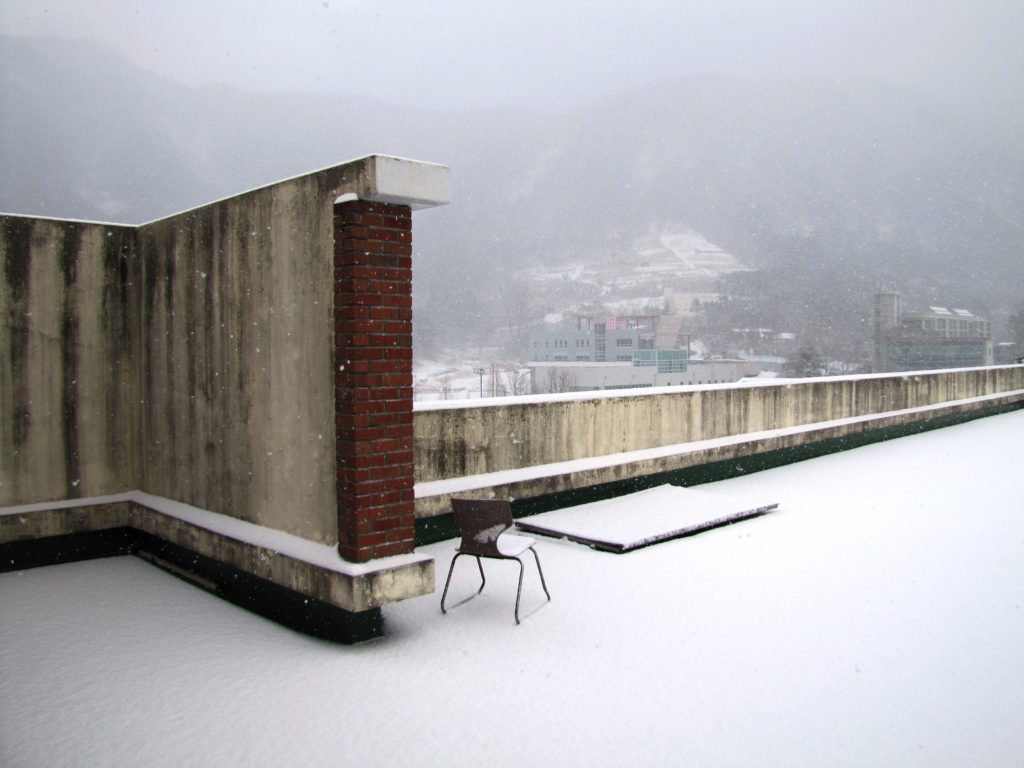Late-Stage Democracy vs. Late-Stage Tyranny
The recent actions of the United States of America and the Russian Federation with regard to Afghanistan and Ukraine, respectively, offer us a tidy summary of some essential differences between a declining democracy and a declining tyranny — differences which, characteristically, the tyranny recognizes and hopes to exploit, but the democracy does not.
Democracy regards twenty years as too long to sustain a relatively small commitment, too long even to remember why that commitment was made, and therefore increasingly craves escape from the commitment without regard for the cost. Tyranny regards twenty years as a moderate period of laying the groundwork for a long-term commitment, and indeed tends to see its own lifespan in twenty year increments, forever planning how it will enact the transition from this generation to the next.
Democracy, tired of its own recent past to the point of already having forgotten it, and eager for some unknown pleasure fantasy it calls “the future,” will gleefully forsake everything the first moment a loudmouth ignoramus of any party says, “This war is a waste of time and money.” Tyranny, full of desire for historical significance, will forsake all concerns of wellbeing and popular will to the dream of greatness, crushing resistance and alternative voices whenever necessary.
Democracy will abandon twenty million women and children it had assumed the responsibility of protecting to a fate worse than death, without a moment’s hesitation or remorse, in a fit of ennui. Tyranny will murder countless women and children with abandon, either as a means of intimidating and dispiriting the men, or to compensate for the frustrations of a failed war by taking out its anger on the weakest targets.
Democracy allows apologists and sympathizers for tyranny to be elected to high office and to preach the tyrant’s propaganda to millions of its citizens in the popular media. Tyranny kills or imprisons every effective domestic opponent, both in politics and in the public discussion.
Democracy regards the loss of two thousand soldiers over twenty years as too high a price to pay for a mission the purpose of which is already long forgotten, and the duration of which is already nineteen years longer than the national attention span can abide. Tyranny regards the loss of two thousand soldiers per week as an acceptable cost of achieving the tyrant’s glory, and calculates acceptability merely by the standard of whether there are still enough reinforcements left to send to their deaths in place of the lost thousands.
Democracy in decline is defined by malaise, lack of enthusiasm, an infinite desire for ease and comfort, and an ability to rationalize any suicidal disengagement with an all-purpose “not our problem.” Tyranny in decline is defined by urgency, a desperate thrust against time and fate, and the precipitously aggressive action of a paranoid who feels the walls closing in.
This contrast, seen in the light of current events, spells disaster for the world that pretends to democracy. As Ronald Reagan — the last major American politician with the historical sense and the moral principle to understand the contrasts above — demonstrated, the safest way to manage the extremely dangerous decline of a powerful tyranny is not to take half measures and make concessions in the name of “avoiding escalation,” but rather to confront the tyrant fearlessly, to show him you mean business and will not flinch before his bravado, and to make sure he knows that absolutely nothing he dares to try from this day forward will be permitted to stand without a strong counter. In other words, call the tyrant’s bluff, “escalate” him to the breaking point with your superior strength, overwhelm him with the inestimable power of genuine courage, which will typically outmatch the wild threats the tyrant uses to mask his fear. Today, unfortunately, the West is “led” by senile fools, careerist pragmatists, calculating profiteers, and mindless showmen. And so the West is watching a friendly neighbor fighting for its life against a million man army controlled by a conscienceless tyrant, all the while fretting and wetting itself over the supposed danger of antagonizing the tyrant too much.
Absurd. By far the greater danger lies in not antagonizing him — that is, in allowing him to recover from his losses, to save face, to regroup his forces, and to learn how effectively his bluster can cow his opponents into submitting to his will.



